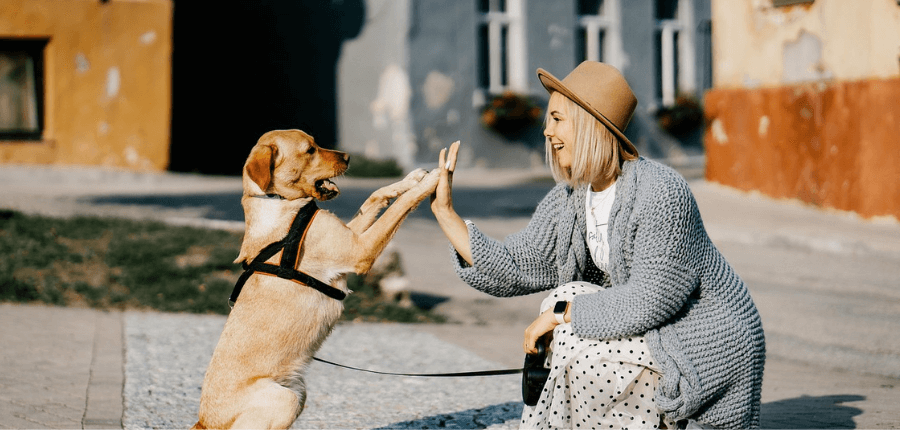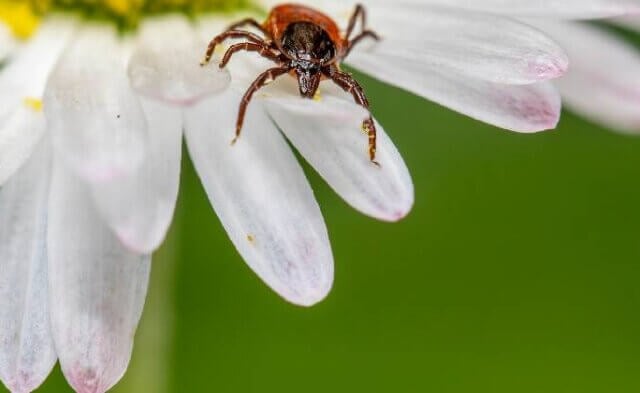Do you ever forget where you put your keys or struggle to remember your neighbor’s name? As we age, mental fog can become more common, but research shows that caring for an animal companion may help protect older adults from dementia.
A study published in the journal JAMA Network Open illustrates a remarkable connection between sharing life with an animal companion and our cognitive health. The experiences of nearly 8,000 adults aged 50 or older revealed slower rates of decline in verbal memory and verbal fluency among animal guardians who live “alone”—although you’re never really alone with a dog as your roomie!
Dogs are social pack animals who depend on their guardians for love and protection—they should live indoors and be integral parts of our families. Sharing a home with them helps us, too, by diminishing feelings of loneliness, which reduces our risk of cognitive decline. Meeting people and other pups on walks or at a dog park enriches our dogs’ lives—and ours—with meaningful connections beyond our immediate circles.
Engaging in regular exercise is essential for our canine companions’ well-being. And it turns out, it’s good for our brains, too! Another study, published in Preventive Medicine Reports, shows that dog guardians who exercise regularly are less prone to developing dementia—by a striking 63%. And who better to motivate us to get moving than our dogs, with their boundless energy and contagious enthusiasm? Whether it’s a brisk walk in the park or an energetic game of fetch, the benefits of physical activity for dogs and humans are significant.
Dogs thrive on lots of love and affection. Interestingly, petting them doesn’t just improve their mood; it also improves our mental focus. Research shows that when we pet a dog, there’s a noticeable surge in activity within the frontal cortex—a crucial part of the brain that controls memory. Lost keys? No problem! Sharing life with an animal companion helps keep us connected, engaged, and active and can even safeguard us against dementia as we journey through life’s later stages. If you already have a canine companion, be sure to prioritize daily walks, frequent trips to the dog park, and other quality time with your pup. If you don’t have a dog, consider volunteering at your local shelter, offering to walk the dog of a neighbor who’s away from home all day, or—if you have the time, resources, and ability—adopt a companion from your local shelter. It can make the rest of your story unforgettable





